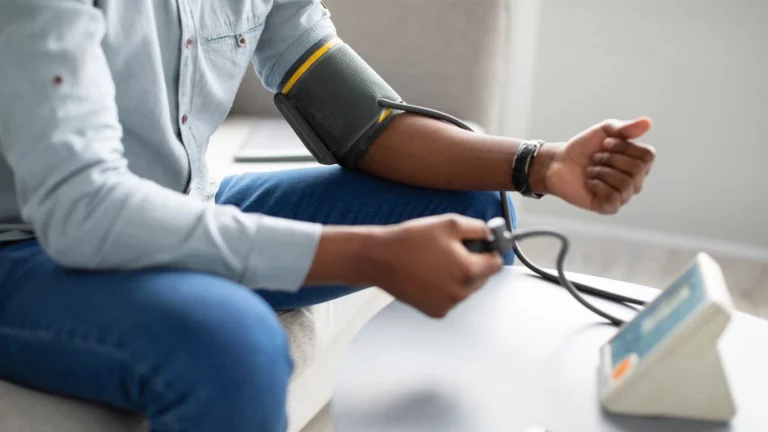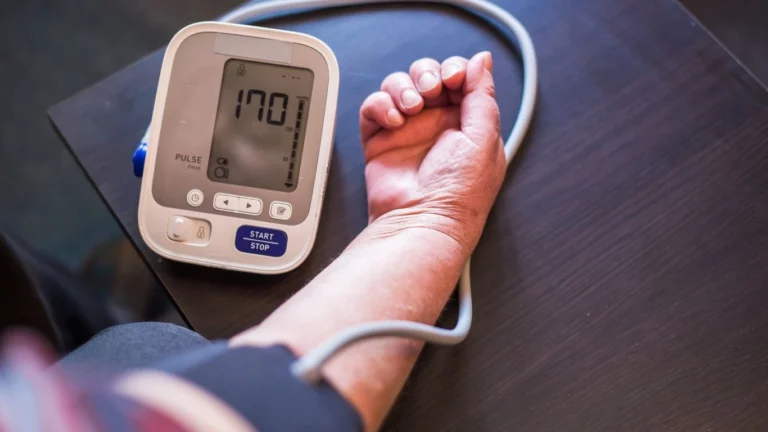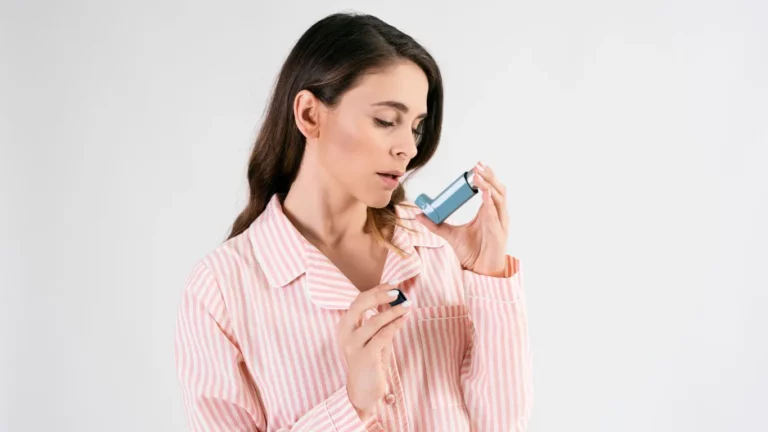Hypertension in Young Adults: Causes, Tips, and How to Prevent It 💪
Hypertension—aka high blood pressure—used to be something that only older folks had to worry about. But turns out, more and more young adults (we’re talking 20s and 30s) are dealing with it too. If you’re feeling like, “Wait, that’s not me. I’m too young for this,” trust me, it’s definitely something worth paying attention to. Let’s talk about why it’s happening and how you can tackle it.
What is Hypertension? 🤔
To put it simply, hypertension is when your blood pressure (the force of your blood flowing through your arteries) is consistently too high. The normal range is around 120/80 mmHg. Anything higher, and you’re looking at elevated blood pressure, which can cause some serious health problems like heart disease, strokes, or kidney issues. Doesn’t sound fun, right?
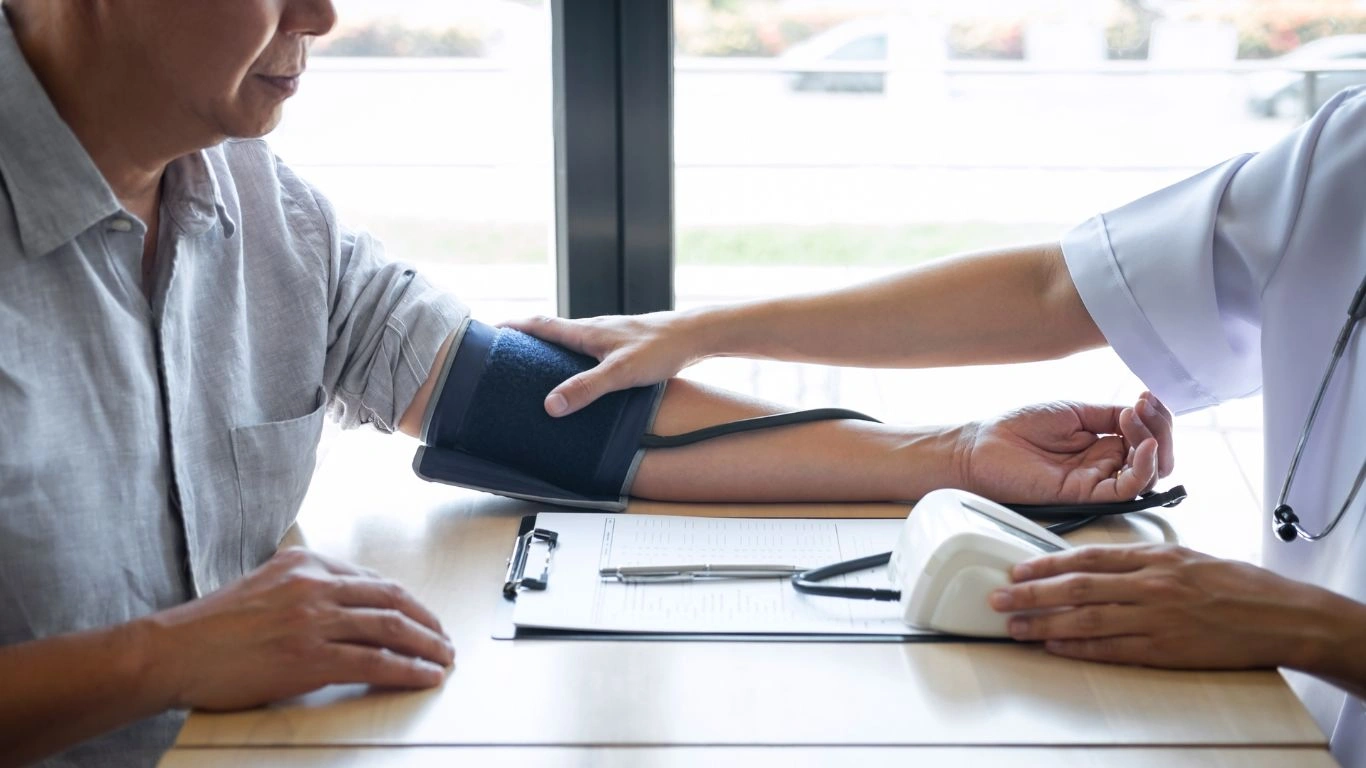
The tricky thing is, many people don’t feel it happening, especially younger folks. It’s like a silent problem creeping up on you.
What Causes High Blood Pressure in Young Adults? 🤷♂️
So, why is this happening to younger people? There are a bunch of reasons, but let’s break it down.
1. Eating Junk and Overdoing It on Salt 🍔🍟
You know the drill—too many chips, fast food, and sugary drinks can all raise your blood pressure. If you’re like me and love your salty snacks, you’re probably not doing your body any favors. Plus, too much processed food means less potassium, which your body needs to balance out the sodium. Bad combo.
2. No Exercise 🏋️♂️
If you’re not staying active, your heart has to work harder. Being sedentary can lead to weight gain and put a strain on your blood vessels. Not to mention, exercising is just good for everything—your heart, mood, you name it.
3. Stress Is Real 😫
Work pressure, school deadlines, personal drama—life can get stressful. And when you’re stressed out, your body releases stress hormones (hello, cortisol!) that spike your blood pressure. It’s like a vicious cycle.
4. Genetics 😅
Unfortunately, if high blood pressure runs in your family, you’re more likely to get it too. Doesn’t seem fair, right? But it’s something to keep an eye on.
5. Other Health Conditions 🏥
Things like obesity, sleep apnea, or kidney problems can also contribute to high blood pressure. So, if you’re dealing with any of those, it’s worth keeping your blood pressure checked more often.
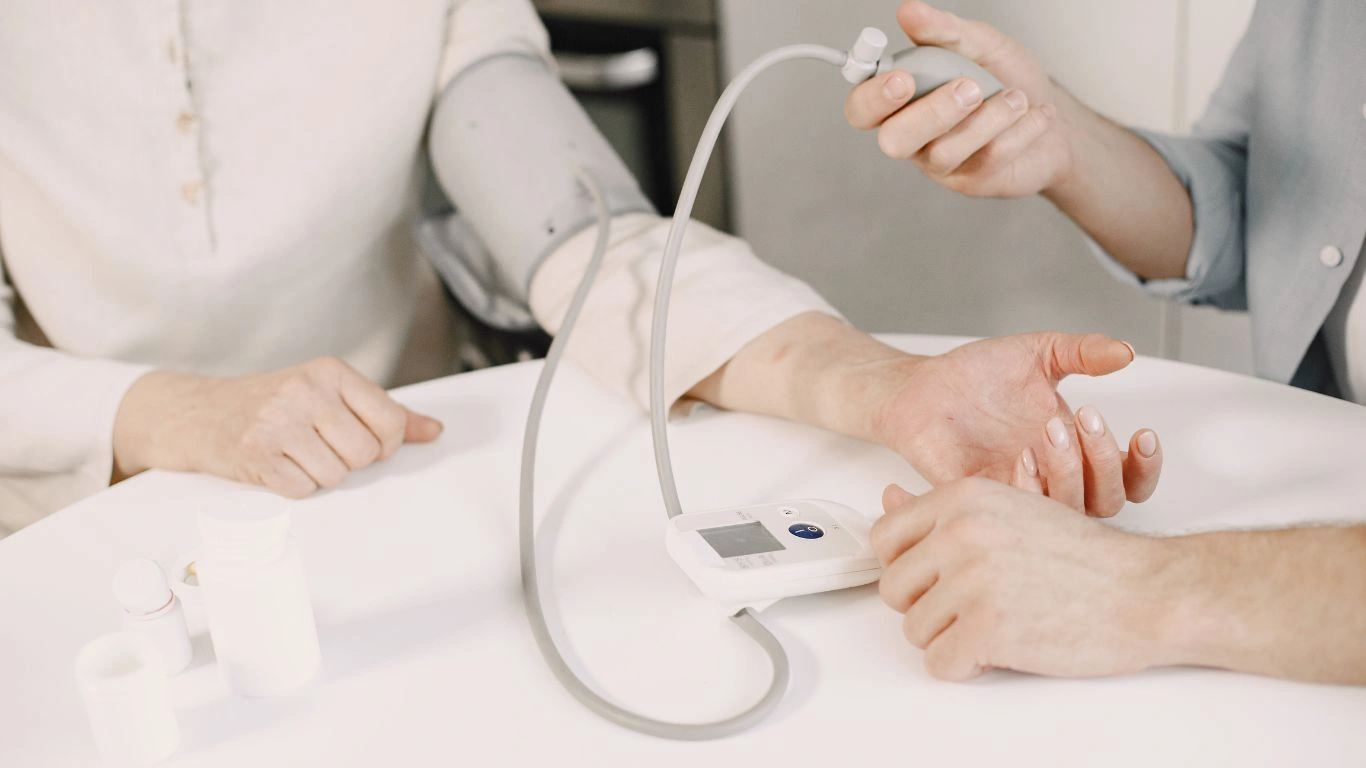
What Can You Do About It? Tips for Managing Your BP 💡
Here’s the good news: you can totally do something about it! It’s all about making a few smart lifestyle choices. Here’s how you can keep things under control.
1. Eat Healthier 🍏🥦
Start adding more fruits, veggies, whole grains, and lean proteins to your meals. It’s all about balance. Reduce the salt—maybe skip the extra sprinkling of it on your fries. Eating more potassium-rich foods (think bananas, sweet potatoes, spinach) will also help balance out the sodium.
2. Move That Body! 🏃♂️
Exercise is a game-changer. You don’t have to go all out at the gym every day, but regular activity helps keep your heart strong. Even just 30 minutes of walking most days can lower blood pressure. So, put on some music and take a stroll, or try a new workout class you’ve been meaning to check out.
3. Find Ways to Chill Out 🧘♀️
Stress is a big one. If you’re constantly on the go, try to find ways to relax. Meditation, deep breathing, yoga—whatever helps you unwind. Heck, even just taking a few minutes to sit down and breathe deeply can do wonders for your body. And if things get really tough, consider talking to a therapist.
4. Cut Down on Alcohol and Quit Smoking 🚭
We all know this, but it’s worth mentioning again—drinking too much and smoking are not doing your blood pressure any favors. Cutting back or quitting entirely can help lower it.
5. Monitor Your Blood Pressure Regularly 📊
It’s easy to forget about it, but checking your blood pressure regularly is super important. You can even do it at home with one of those automatic cuffs. That way, you’ll know exactly where you stand and can catch any issues early on.

Troubleshooting Common Issues 😬
Okay, so maybe you’ve started making some changes, but stuff isn’t working as smoothly as you hoped. Here’s how to troubleshoot:
1. Struggling with Exercise?
Don’t worry—you’re not alone. Start small. Go for short walks, then gradually build up to something more intense. Find an activity you actually like (maybe a dance class or a sport) so it doesn’t feel like a chore.
2. Eating Healthy Feels Impossible?
Meal prep is your best friend here. Set aside a few hours on the weekend to prep some healthy meals and snacks. That way, you won’t be tempted to grab junk food when you’re hungry.
3. Stressed Out All the Time?
Stress management isn’t easy, but it’s crucial. Start by incorporating a short 5-minute daily relaxation routine. Just sit back, breathe deeply, and let yourself relax for a bit. It’ll help in the long run.
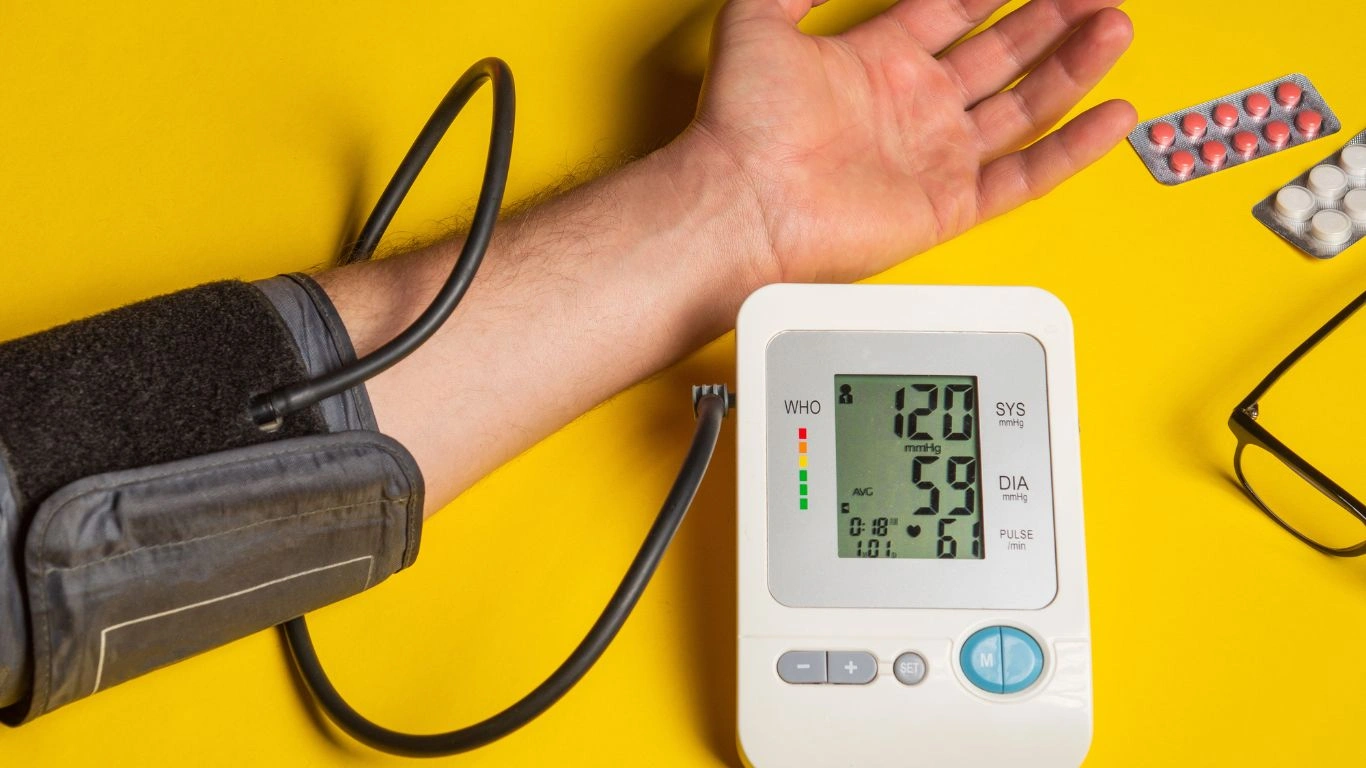
Case Studies / Success Stories ✨
Jessica’s Story
Jessica, a 28-year-old marketing pro, found out she had high blood pressure after a routine checkup. At first, she was freaked out. But instead of just stressing, she switched up her diet (goodbye, greasy takeout), started doing yoga, and made time to walk every day. Six months later, her blood pressure was in a healthy range—and she felt better than ever.
Mark’s Success with Stress Management
Mark, 32, was dealing with high blood pressure due to a stressful job. He was constantly running on empty. After starting a daily meditation practice and cutting back on caffeine, his blood pressure dropped, and he felt less anxious. Now, he’s back to feeling like himself.
Key Takeaways / Summary 📝
– Hypertension is becoming more common in young adults, and it’s often caused by diet, lack of exercise, and stress.
– Making simple changes, like eating better, moving more, and managing stress, can have a huge impact.
– Regular monitoring and making small adjustments are key to staying on top of your health.
FAQs 🤔
Can you prevent hypertension as a young adult?
Definitely! By staying active, eating well, and managing stress, you can reduce the chances of developing high blood pressure.
How do I know if I have hypertension?
Most people don’t feel it, which is why regular checkups are crucial. Keep track of your blood pressure to catch any issues early.
Do I need medication for high blood pressure?
Sometimes lifestyle changes are enough, but in some cases, your doctor might recommend meds. It all depends on how high your blood pressure is.
Call to Action: Take Control of Your Health! 🙌
Don’t wait until it’s a bigger problem! Start making small changes today—your heart will thank you. And hey, if you want more tips on staying healthy, sign up for our newsletter. Let’s do this together!

Dr. Gwenna Aazee is a board-certified Internal Medicine Physician with a special focus on hypertension management, chronic disease prevention, and patient education. With years of experience in both clinical practice and medical writing, she’s passionate about turning evidence-based medicine into accessible, actionable advice. Through her work at Healthusias.com, Dr. Aazee empowers readers to take charge of their health with confidence and clarity. Off the clock, she enjoys deep dives into nutrition research, long walks with her rescue pup, and simplifying medical jargon one article at a time.



